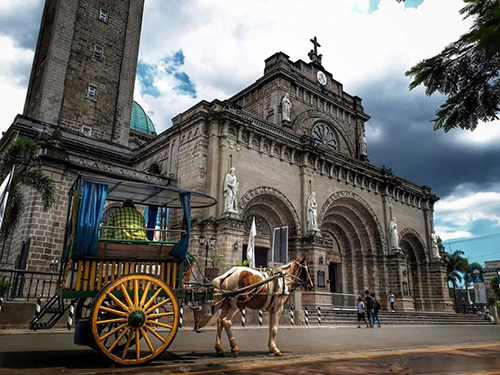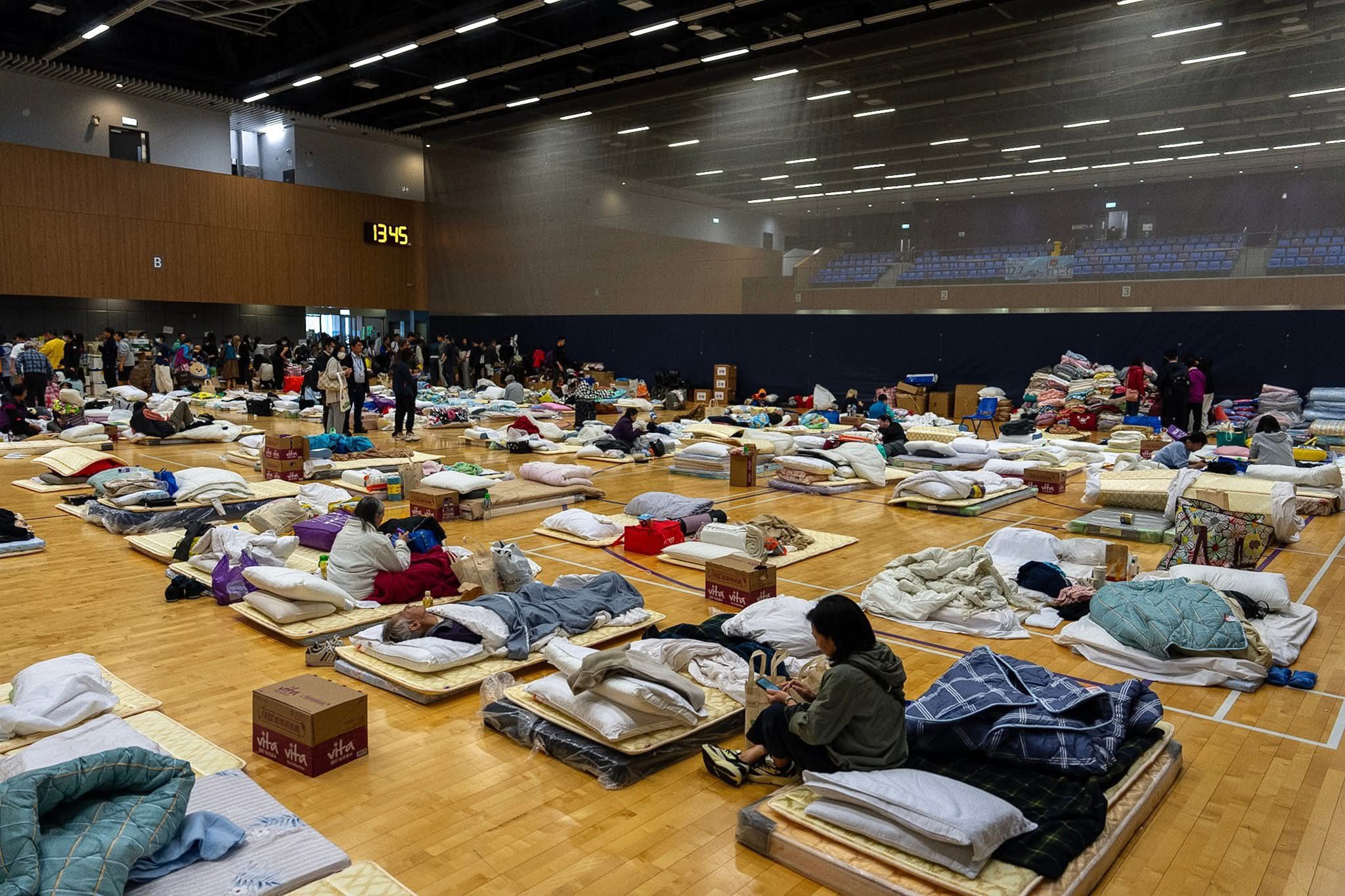Joaquim Magalhães de Castro
Investigators Jin Guo Ping and Wu Zhiliang refer us to the Guangdong Tongzhi (Guangdong General Chronicle) by Jin Guangzhu: “On the 5th day of the 8th moon of the 26th year (July 24, 1598) of the Wanli Reign (1573 – 1615), people from Lução suddenly came to anchor in Haojing’ao (Baía de Vieira, Macau), requesting the presentation of tributes. The governor of Guangdong, deeming their entry illegal, decided to expel them. The Portuguese of Macau also reinforced their defense, preventing the landing of the luções.
“On the 9th moon (September), they moved to Hutiaomen (Tiger Leaping Gate), saying they were waiting for their boats to be measured. On the 10th moon (September-October), they sent word that they had reached Jiazimen (Gate of the Sexsagesimal Cycle). With the boats damaged, they stayed in Hutiaomen, with no intention of withdrawing. Haidao Zhang Banghan sent troops there, having burned their village.
“On the 9th moon (July-August) of the following year (1599), they finally returned to the eastern sea. There are those who say that they were enticed by traders from Guangdong and Fujian.”
According to Jin Guo Ping and Wu Zhiliang, the place called Pinhal is located at one of the mouths of the Xijiang (West River), located about twelve miles from Macau. As José Manuel Garcia recalls, “the Portuguese under the command of Paulo de Portugal made multiple steps at that time to the Chinese and Spanish authorities to get them to leave that place, which they only did in 1599, after a confrontation in Macau .”
The rivalry between the Portuguese and Spaniards in the East is part of an environment marked by the freedom of initiative summarized in the expression “great release,” as revealed by the fact that “you had settled in that year to travel from there to Manila against the prohibitions and defenses of Your Majesty” and even at certain times by aggression against judicial authorities when in Macau they tried to comply with orders to prevent trade with the Philippines and bring the offenders to a trial.
In 1620 we will see a powerful alliance emerge between Holland and England against rivals Portugal and Spain. These, by force of circumstances, were forced to cooperate. An example of this is Diogo Vaz Bávaro’s trip to Manila in a pataxo, in 1621.
Among “other goods for Macau,” Bávaro acquired “six artillery pieces, paying two thousand patacas for each one.” Was this war material, together with a small Spanish detachment from the Philippines then present in Macau, a decisive factor in the success of the city’s defense after the Dutch onslaught of June 24, 1622? As expressed by José Manuel Garcia: “The mention of weapons was exceptional, as artillery and ammunition were generally sent to Manila. According to the testimony of Lourenço de Liz Velho, the trade with Manila carried out in 1621 yielded 60,000 Cruzados in freights to Macau.” (Photo: Joaquim Magalhães de Castro)


 Follow
Follow


